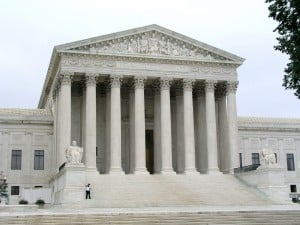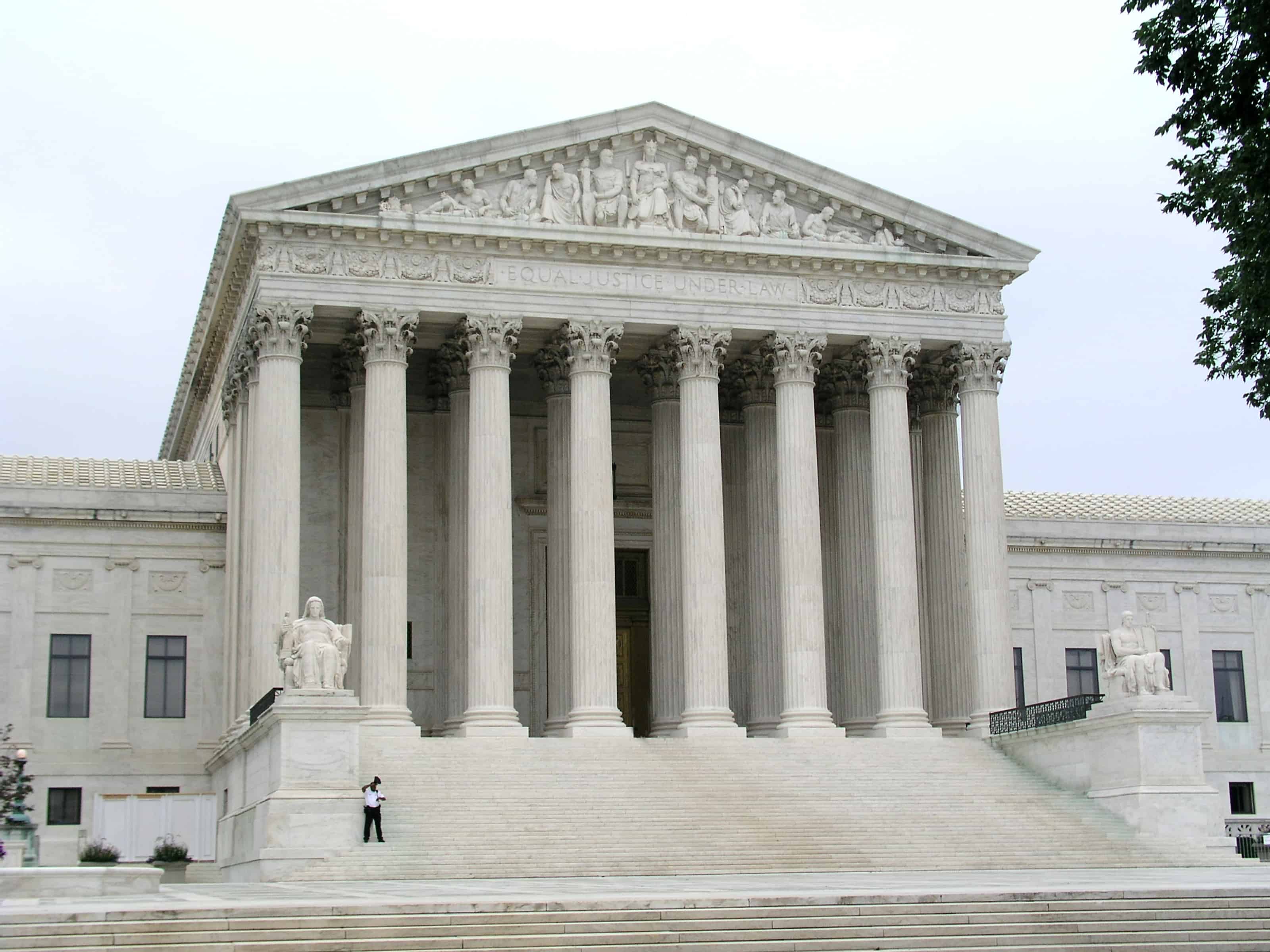 This week, the Supreme Court of the United States will be hearing a very anticipated case, a blockbuster really. The case of Oxford Health Plans LLC v. Sutter, No. 12-135, focusing on whether an arbitrator exceeds his authority under the Federal Arbitration Act by determining that parties affirmatively authorized class arbitration based solely on contractual language precluding litigation under the contract. Whew! You can feel the drama already.
This week, the Supreme Court of the United States will be hearing a very anticipated case, a blockbuster really. The case of Oxford Health Plans LLC v. Sutter, No. 12-135, focusing on whether an arbitrator exceeds his authority under the Federal Arbitration Act by determining that parties affirmatively authorized class arbitration based solely on contractual language precluding litigation under the contract. Whew! You can feel the drama already.
So, what’ll the Court do for an encore? Well, later this week, Tuesday and Wednesday to be exact, they are going to unwind by hearing a few cases on the modest topic of same-sex marriage. If you are interested in following the proceedings, I’d recommend checking out Scotusblog.com, an invaluable resource for anything Supreme Court related. Especially check out their case pages for these two cases, as they have just about every document related to the cases.
Tuesday brings Hollingsworth v. Perry, No. 12-144, where the Court will hear challenges to California’s “Proposition 8”, which ended gay marriages previously authorized by the California courts. Wednesday the Court hears United States v. Windsor, No. 12-307, challenging the federal Defense of Marriage Act. The case pages includes the many, many briefs, as well as links to analysis. Start with Lyle Denniston’s concise summery of the issues, “On Same-sex marriage, options open.” You can check out the briefs after that, or focus on the “symposium” Scotusblog put together on the issues — here, here, and here. You can also access the numerous briefs filed not only by the parties, but by the “friends of the court” — amici curiae — individuals and groups not party to the case, but who want to emphasize a particular point or argument to the Court.
Many of these briefs — as well as the rhetoric around the case — deal with the fact that this is a hot-button issue. Opponents to changing the definition of marriage have staked out their positions on the issue based on natural law, the history of marriage, and scripture. Same-sex marriage proponents make arguments based on equality and fairness — and some claim divine warrant for those positions as well. But, despite the sound and fury, the next phase of this debate won’t be resolved by choosing one moral paradigm over another. The Court’s decision will be framed in the same legal language that will decide the arbitration case. Sure, it’ll be more intense, but the arguments are focused on issues of constitutional history, statutory interpretation, and technical legalese. The Court may even use that legalese to punt, relying on the doctrine of standing (i.e., whose claim can be heard in court) to avoid the issue altogether. To check out those arguments, start with this post, and then follow the seven part series to its end.
Oyez! Oyez!, all rise ……


